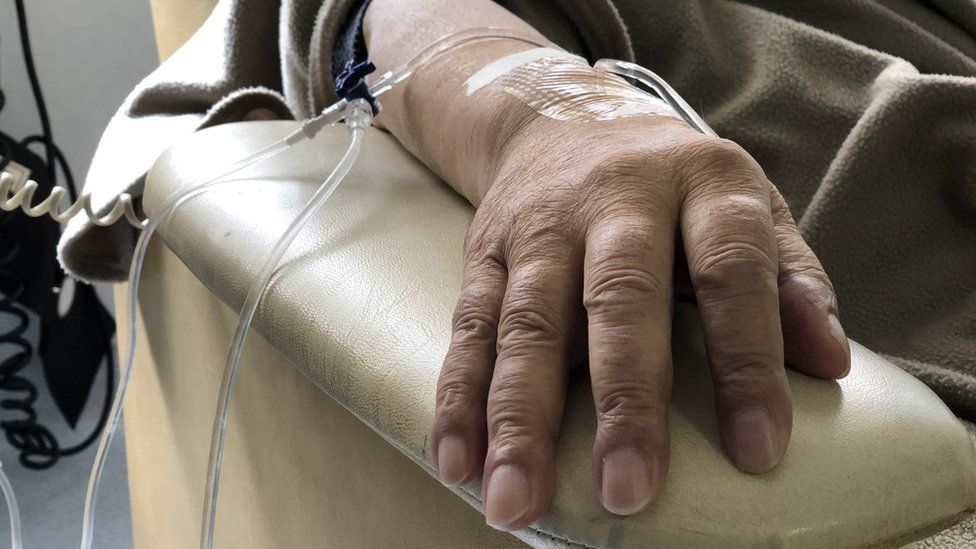ARTICLE AD BOX
 Image source, Getty Images
Image source, Getty Images
By Nick Triggle
Health correspondent
Urgent heart and cancer care is being compromised by the ongoing doctors' strike, NHS England bosses are warning.
In a letter to the British Medical Association (BMA), NHS bosses also said there were problems ensuring emergency C-section births were available.
It said the 'Christmas Day' cover provided by member of the doctors' union in the walkout was not enough.
But the BMA said problems were down to bad planning with hospitals not cancelling enough non-emergency care.
The letter was signed by senior leaders at NHS England including the medical director Prof Sir Stephen Powis and Dame Ruth May.
It was sent on Tuesday after the latest strike in England got under way, on Monday 2 October.
This walkout involves both junior doctors and consultants who between them make up more than four-fifths of doctors in hospitals. The strike ends on Thursday at 07:00 BST.
Image source, Getty Images
Image caption,Junior doctors and consultants at University College Hospital in London have joined the three-day walkout
Emergency cover is being provided along with some basic staffing on wards.
But the NHS England letter said that was not enough, pointing out the level of staffing on Christmas Day is appropriate because demand falls significantly and hospitals are much less full than they are at the moment.
It went on to say NHS England was becoming "increasingly concerned about time-sensitive urgent treatment".
This could include chemotherapy and urgent support for cancer patients who are unwell after treatment or patients with heart failure, a condition which means the heart does not work as well as it should, who need support.
By the end of this walkout doctors will have taken part in 30 days of strike action.
NHS England said the repeated walkouts had had a cumulative effect, leaving services less able to cope, partly because demand had built up.
It also called for better arrangements to call doctors off the picket line if needed.
BMA leader Prof Phil Banfield said: "I do not agree that the Christmas and Boxing Day model is unsafe or that is the reason for the issue detailed."
He said on top of the cover provided, the BMA had agreed the NHS also had access to non-striking junior doctors and consultants - a third are not members of the union - as well as staff doctors who did not work at either grade and so were not eligible to strike.
"There is clear evidence of the failure by some trusts to adequately prepare for industrial action," Prof Banfield said.
"In particular the BMA is aware that some trusts have continued with significant amounts of elective activity during industrial action."
More than one million appointments and treatments have been postponed since strike action in the NHS began in December.
Nurses, physios and ambulance workers have also been involved in walkouts.
All large-scale stoppages have now ended apart from those involving doctors, as well as action by radiographers.
Related Internet Links
The BBC is not responsible for the content of external sites.

 1 year ago
40
1 year ago
40








 English (US) ·
English (US) ·